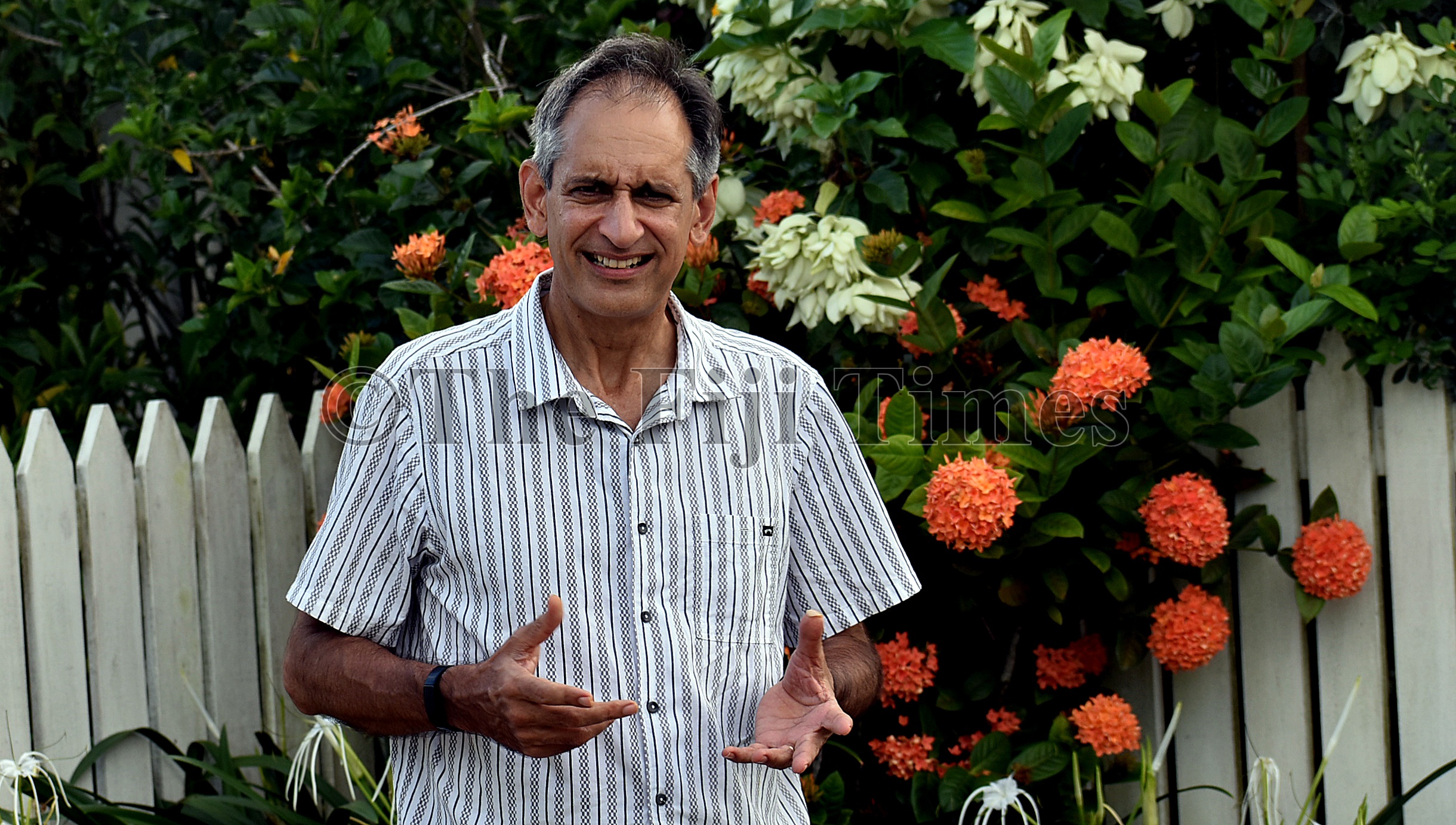A mature society recognises that not everyone will express themselves responsibly or respectfully, says lawyer Richard Naidu.
Mr Naidu made the comment while speaking at the 2023 Prosecutors Conference on the Coral Coast on Saturday, on the question of whether sedition laws were an unreasonable limitation on the laws of free speech.
Mr Naidu said since 1997 eight Commonwealth countries had abolished sedition as an offence, recognising that the law threatened free speech and was often used by governments as a tool to suppress dissent.
And he said Fiji’s sedition laws should also go.
Mr Naidu reviewed a number of recent Fiji sedition cases, including the prosecution of Fiji Times executives for publishing a letter in its vernacular newspaper, Nai Lalakai, criticising people of the Muslim faith.
Those comments, he said, were inaccurate, bigoted and offensive – but the question was still whether anyone should go to jail for publishing them.
“A mature society is not one in which everybody expresses themselves sensibly or responsibly, or inoffensively. A mature society understands that not everyone in that society will,” he said.
“And we have got to understand – that is freedom of expression.”
Mr Naidu said freedom of expression was not an orderly or tidy affair where everyone came together to express themselves and disagree respectfully.
“It’s a much more untidy, colourful, disorderly process and thank goodness for that, life would be very boring if it was not.”
He said protection of freedom of expression was not just right in principle – it was “socially efficient”.
“If somebody is going to make bigoted statements against people who follow another faith, we need to know. We need to be able to understand that there is a sentiment out there, we need to be able to know that it is happening, ask ourselves why it is happening and address, take remedial steps.”
Mr Naidu said sedition laws were used by the previous government to suppress contrary opinions from its opponents.
He said merely investigating, questioning or detaining people for sedition or for breaching the equally vaguely worded Public Order Act burdened and threatened them and had a “chilling effect” on freedom of expression.
“It’s merely going to suppress opinions that are honestly held, however offensive they may be to the rest of us.”
He said governments and institutions might stop people from saying what they are thinking, but they could stop people from thinking what they believed – and prosecuting and threatening them often only reinforced the same thinking in others.
Noting that around the Commonwealth, the offence of sedition was “on the way out”, he said to say Fiji was a multi-ethnic country was not an excuse to keep it.
Countries such as Ghana, Kenya and Sierra Leone were much more ethnically diverse and they had abolished sedition as a crime, he said.
“So yes, the sedition laws should go.”



